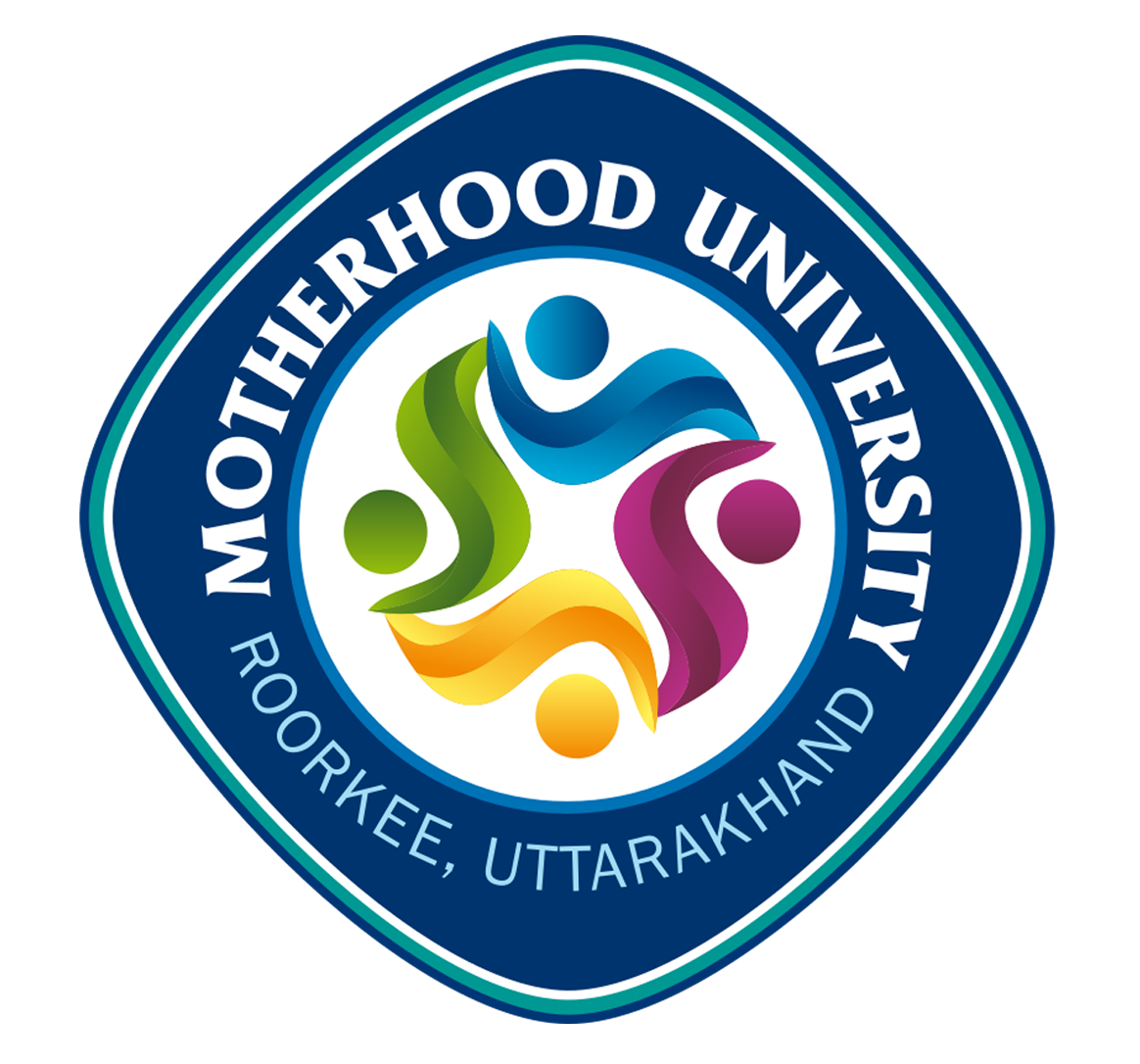Internal Quality Assurance Cell
IQAC
Message from IQAC Coordinator
The IQAC assures the stakeholders i.e., students, parents, teachers, staff, funding agencies and society in general of the accountability and transparency in the quality management system of the institution and its concern for ensuring quality of education being imparted.
Internal Quality Assurance Cell is a step towards excellence. The IQAC of MHU, organizes various programmes for faculty, administrative staff and quality circle members. It conducts open forum to provide interface between students and officials of the University. It conducts staff assessment to provide valuable feedback for quality sustenance and improvement in teaching, learning and research experiences in the University. It documents and reports various activities of the University for academic requirements. A continuous follow up has been made on infrastructural resources of the University to assure adequate, appropriate and better facilities to assure conducive and enabling environment for teaching, learning and research. Through all these measures IQAC happens to be one of the important components of the University which ensures quality and continuous improvement in all the units.
Prof. (Dr.) Shreepal Chauhan
Co-ordinator IQAC
Internal Quality Assurance Cell – (IQAC)
In pursuance of its Action Plan for performance evaluation, assessment and accreditation and quality up-gradation of institutions of higher education, the National Assessment and Accreditation Council (NAAC), Bangalore proposes that every accredited institution should establish an Internal Quality Assurance Cell (IQAC) as a post-accreditation quality sustenance measure.
Since quality enhancement is a continuous process, the IQAC will become a part of the institution’s system and work towards realization of the goals of quality enhancement and sustenance. The prime task of the IQAC is to develop a system for conscious, consistent and catalytic improvement in the overall performance of institutions. For this, during the post-accreditation period, it will channelize all efforts and measures of the institution towards promoting its holistic academic excellence.
Objective
The primary aim of IQAC is –
- To develop a system for conscious, consistent and catalytic action to improve the academic and administrative performance of the institution.
- To promote measures for institutional functioning towards quality enhancement through internalization of quality culture and institutionalization of best practices.
Vision
To ensure quality culture as the prime concern for Motherhood University, Roorkee through institutionalizing and internalizing all the initiatives taken with internal and external support.
Quality Policy
To establish a system of Quality Enhancement, which would on a continuous basis evaluate and enhance the quality of teaching – learning, research and extension activities of the institution, leading to improvements in all processes, enabling the institution to attain excellence.
Strategies
IQAC shall evolve mechanisms and procedures for –
a) Ensuring timely, efficient and progressive performance of academic, administrative and financial tasks;
b) The relevance and quality of academic and research programmes;
c) Equitable access to and affordability of academic programmes for various sections of society;
d) Optimization and integration of modern methods of teaching and learning;
e) The credibility of evaluation procedures;
f) Ensuring the adequacy, maintenance and proper allocation of support structure and services;
g) Sharing of research findings and networking with other institutions in India and abroad.
Functions
Some of the functions expected of the IQAC are:
a) Development and application of quality benchmarks/parameters for various academic and administrative activities of the institution;
b) Facilitating the creation of a learner-centric environment conducive to quality education and faculty maturation to adopt the required knowledge and technology for participatory teaching and learning process;
c) Arrangement for feedback response from students, parents and other stakeholders on quality-related institutional processes;
d) Dissemination of information on various quality parameters of higher education;
e) Organization of inter and intra-institutional workshops, seminars on quality related themes and promotion of quality circles;
f) Documentation of the various programs/activities leading to quality improvement;
g) Acting as a nodal agency of the Institution for coordinating quality-related activities, including adoption and dissemination of best practices;
h) Development and maintenance of institutional database through MIS for the purpose of maintaining /enhancing the institutional quality;
i) Development of Quality Culture in the institution;
j) Preparation of the Annual Quality Assurance Report (AQAR) as per guidelines and parameters of NAAC, to be submitted to NAAC.
Outcomes of IQAC activities
- Swachh Bharat Summer Internship Program
- Swachhta Ranking
- Feedback from stakeholders
- Fully Flexible Credit System
- Curriculum for Applied Learning
- Promoting Technology Enhanced Learning – MOOC
- Annual Quality Assurance Report (AQAR)
Benefits
IQAC will facilitate / contribute –
a) Ensure heightened level of clarity and focus in institutional functioning towards quality enhancement;
b) Ensure internalization of the quality culture;
c) Ensure enhancement and coordination among various activities of the institution and institutionalize all good practices;
d) Provide a sound basis for decision-making to improve institutional functioning;
e) Act as a dynamic system for quality changes in HEIs;
e) Build an organized methodology of documentation and internal communication.
Composition of the IQAC
IQAC may be constituted in every institution under the Chairmanship of the Head of the institution with heads of important academic and administrative units and a few teachers and a few distinguished educationists and representatives of local management and stakeholders.
The composition of the IQAC may be as follows:
- Chairperson: Head of the Institution
- One member from the Management
- A few senior administrative officers
- Three to eight teachers
- One/two nominees from local society, Students and Alumni
- One/two nominees from Employers/Industrialists/stakeholders
- One of the senior teachers as the coordinator/Director of the IQAC




